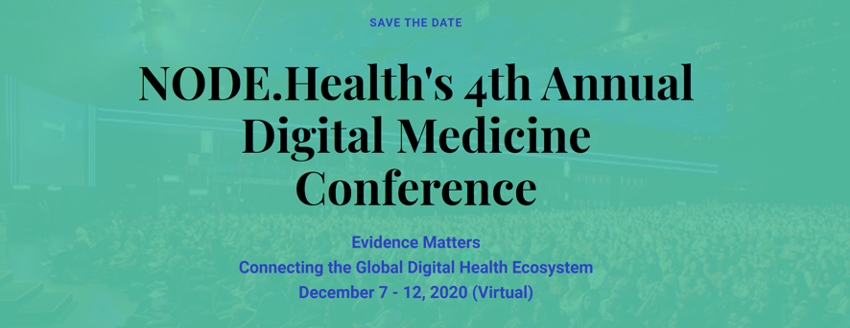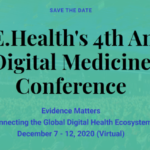One of the most difficult aspects of chronic disease management from the provider’s point of view is figuring out how to ensure that patients are taking their medications appropriately once they leave the office. Non-adherence is an extremely costly piece of the healthcare puzzle, draining close to $300 billion a year from a system scrambling to plug the gaps. A new EHR-based data mining program developed by National Jewish Health, Eliza Corporation, and Kaiser Permanente Colorado hopes to provide a novel way of keeping in touch with patients by automatically calling the parents of pediatric asthma patients when it’s time to refill their inhaler prescriptions.
By scraping through the EHR data of the pediatric patient, the phone system can put out a call ten days before the prescription runs out, giving parents plenty of time to ensure that they have a fresh inhaler on hand. Using the same type of speech recognition systems in place at many large corporate customer service centers, parents who accept a call can speak naturally to the computer and receive the appropriate feedback.
“It pulls information out of the EHR, so when it talks to the parent, it references the prescribing physician, the name of the child, and the last time the inhaled corticosteroid prescription was filled,” explained Bruce Bender, PhD, head of pediatric behavioral health at National Jewish Health in Denver. “Most adherence interventions expect busy health care providers to do something. This doesn’t add any burden to their day. Think of it as the EHR picking up the phone and talking with patients.”
Parents were given the option to refill the prescription through the phone system or to speak with an asthma nurse or pharmacist directly. After 24 months of study, the pilot raised adherence rates by a significant 25 percent, with the vast majority of parents saying that the calls were helpful. A 2012 Congressional Budget Office report notes that increasing medication adherence by 5% can reduce overall health system costs by one percent, which indicates that such a successful program may be able to have a significant impact on the financial health of providers as well as the respiratory health of patients.
The calls didn’t reduce emergency department use or hospital admissions, but Bender attributes that to the high efficiency of the health system at baseline. “It could also be that in asthma, you really need to change the [medication adherence] curve more dramatically to see a change in outcomes,” he added.






























